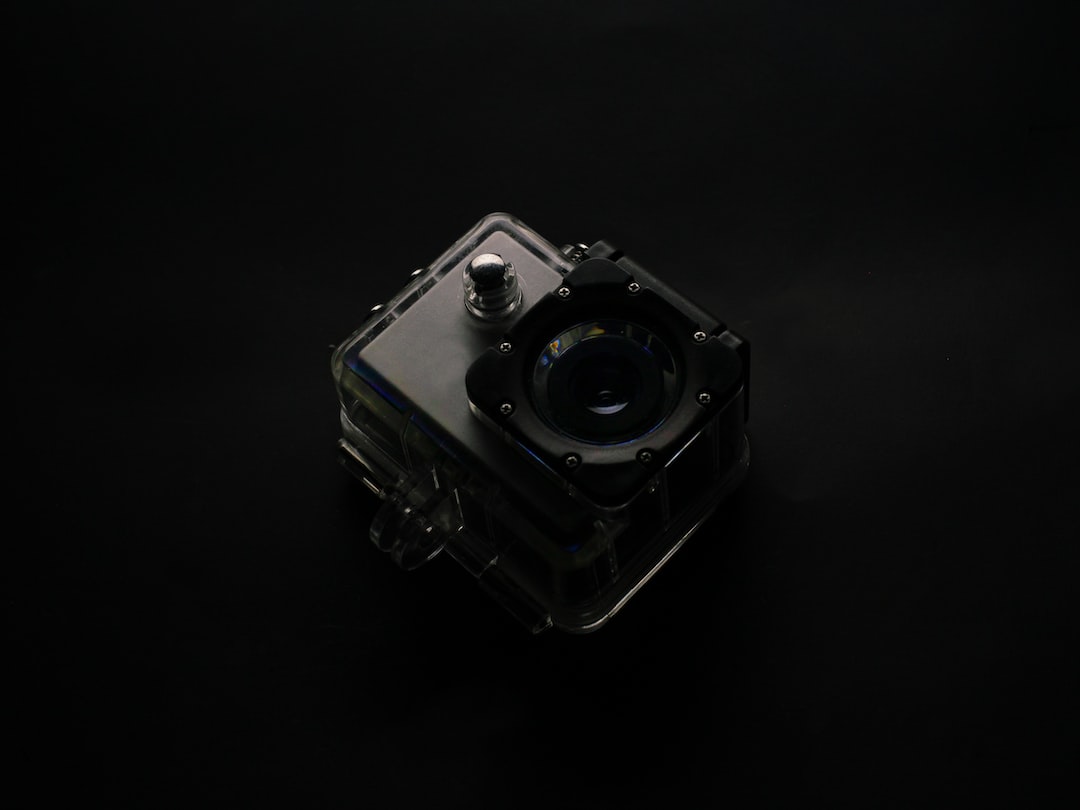The Evolution of Wearable Technology and Its Impact on Health
Over the past decade, there has been a significant rise in the popularity of wearable technology. These devices, which are worn on the body and typically connected to a smartphone or other device, have become increasingly sophisticated and are now able to track and monitor various aspects of our health. From counting steps and measuring heart rate to monitoring sleep patterns and managing stress levels, wearables have revolutionized the way we approach our health and fitness goals.
The concept of wearable technology is not entirely new. In fact, the first fitness tracker, known as the Fitbit, was introduced in 2009. However, it was only in recent years that these devices started gaining mainstream attention and becoming an integral part of our daily lives. Today, it seems like everyone has a fitness tracker or a smartwatch, with different brands and models offering a range of features and functionalities.
One of the key reasons for the rapid growth of wearable technology is its ability to provide personalized and real-time data about our health. Gone are the days when we had to rely on occasional doctor visits or generic health advice. With wearables, we now have access to constant updates about our physical activity, heart rate, and even data about our sleep quality. This information empowers us to make informed decisions about our health, allowing us to make adjustments to our lifestyle, exercise routine, and diet as necessary.
Wearables have also had a significant impact on our physical fitness. Studies have shown that wearing a fitness tracker can increase physical activity levels by providing individuals with immediate feedback and motivation to reach their daily goals. By setting target steps or exercise time, these devices push users to stay active throughout the day. Many users have reported noticeable improvements in their fitness levels and overall well-being as a result.
Moreover, wearables have also become valuable tools in managing chronic conditions and providing healthcare professionals with crucial data. For individuals with conditions such as diabetes or heart disease, wearable devices can monitor vital signs, track medication adherence, and provide early warnings in case of any abnormalities. This not only allows for better management of these conditions but also reduces the number of regular doctor visits and hospitalizations.
In addition to physical health, wearables have also shown promising potential in the realm of mental health. Many devices now include features for stress monitoring and relaxation techniques, such as guided breathing exercises. These tools are especially helpful in today’s fast-paced, high-stress world, where mental health issues are becoming increasingly prevalent. By tracking stress levels and providing techniques for relaxation, wearables contribute to promoting overall mental well-being.
The evolution of wearable technology is not without its challenges, though. The accuracy of some devices has been questioned, leading to concerns about the reliability of the data provided. Additionally, the sheer amount of data generated by wearables can be overwhelming and difficult to interpret for individuals without proper knowledge or guidance. It is crucial for users to understand the limitations of these devices and to work with healthcare professionals to make the best use of the information provided.
Looking ahead, the future of wearable technology in healthcare seems promising. Advancements in artificial intelligence and machine learning are expected to enhance the accuracy and capabilities of wearables even further. Additionally, there is a growing emphasis on integrating wearables into the healthcare system, with doctors and hospitals using the data collected by these devices to provide more personalized and proactive care. Wearables could potentially play a significant role in preventive medicine and early disease detection, saving lives and reducing healthcare costs.
In conclusion, wearable technology has come a long way since its inception. With their ability to track and monitor various aspects of our health, wearables have made a notable impact on both physical and mental well-being. From encouraging physical activity to managing chronic conditions, these devices have the potential to revolutionize the way we approach healthcare. However, it is crucial to use wearables responsibly and in conjunction with professional medical advice, ensuring that the information provided is accurate and utilized effectively. As technology continues to advance, wearables are set to become an even more integral part of our quest for a healthier future.
